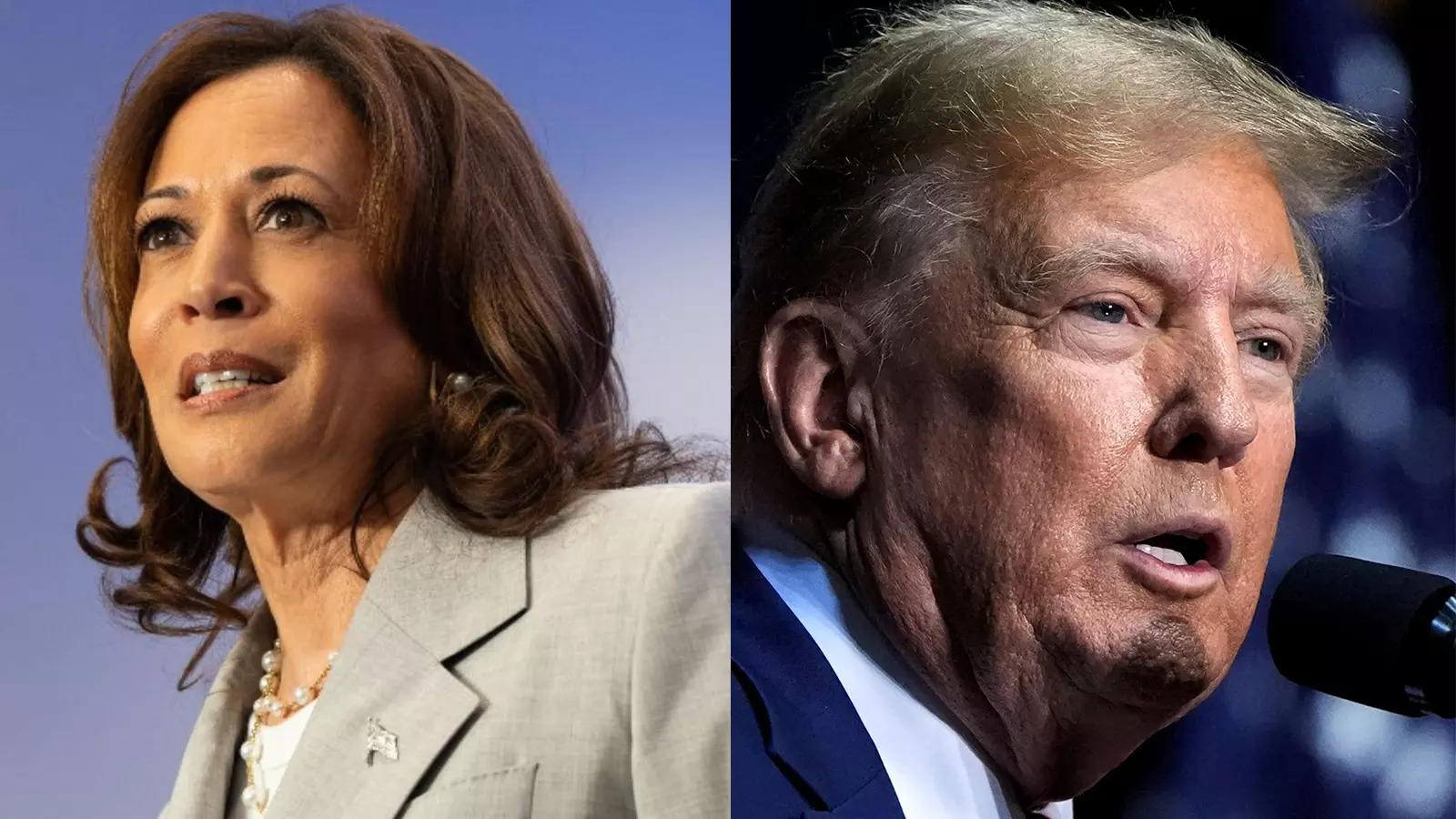The label, which surfaced in interviews and online exchanges, has quickly become a central theme of Harris’ campaign.The strategy targets not just the policies but also the personas of Trump and Vance, with a particular focus on their controversial comments. Vance’s previous suggestion that childless leaders “don’t really have a direct stake” in the country, and Trump’s odd references to the fictional serial killer Hannibal Lecter during speeches, have both been used to underscore the “weird” narrative.
David Karpf, a strategic communication professor at George Washington University, praised the tactic as a concise and resonant message. “It’s a clever way to encapsulate what many feel about Trump and Vance’s rhetoric,” Karpf said. “It forces their campaign to respond in a way that only amplifies the critique.”
The effectiveness of this approach is evident in the scramble it has caused within the Trump-Vance camp. So far, their attempts to counter the narrative have struggled to gain traction. Republicans have attempted to deflect by highlighting what they consider “weird” aspects of Harris’ persona and policy ideas, but the Democratic campaign has managed to keep the focus on their opponents.
Minnesota Governor Tim Walz, a Democrat and Harris ally, has been one of the most vocal proponents of this new messaging. His repeated characterizations of Trump and Vance as “just weird” have gained significant media attention and online traction. The Democratic Governors Association, which Walz chairs, has seized on the phrase, amplifying it across platforms like X (formerly known as Twitter).
Even in official communications, the Harris campaign is leaning into the label. In a recent news release following Trump’s appearance on Fox News, the campaign included a pointed line in its summary: “Trump is old and quite weird?” This framing, subtle yet biting, encapsulates the Democrats’ approach of turning Republicans’ own tactics against them.
Senators Brian Schatz of Hawaii and Chris Murphy of Connecticut have also joined in, sharing a video on X where they critique Vance’s past comments on childless Americans as “a super weird idea.” This online reinforcement has helped solidify the label in the public consciousness.
Harris herself has embraced the term during public appearances, directly calling out Trump’s “wild lies” and some of the remarks made by Vance. “It’s just plain weird,” she remarked at a recent fundraiser, a line that has since been echoed by her supporters.
The “weird” narrative appears to draw from a broader strategy of flipping the script on Republican rhetoric. For years, Republicans have tried to paint Harris and other Democrats as out-of-touch or awkward. Now, Democrats are turning that same critique on its head, using the label to question the judgment and relatability of their opponents.
Political analysts suggest that this approach may serve a dual purpose: it not only puts Trump and Vance on the defensive but also works to insulate Harris from similar attacks. Jacob Neiheisel, a political communication professor at the University at Buffalo, likened it to past efforts by candidates to undermine their opponents’ credibility by casting them as unserious or out of step with voters.
As the campaign progresses, it remains to be seen whether this strategy will have lasting effects. For now, however, the Democrats’ decision to label their opponents as “weird” has injected a new dynamic into the race, one that has the potential to reshape the narrative as the election season heats up.
Source : Times of India






